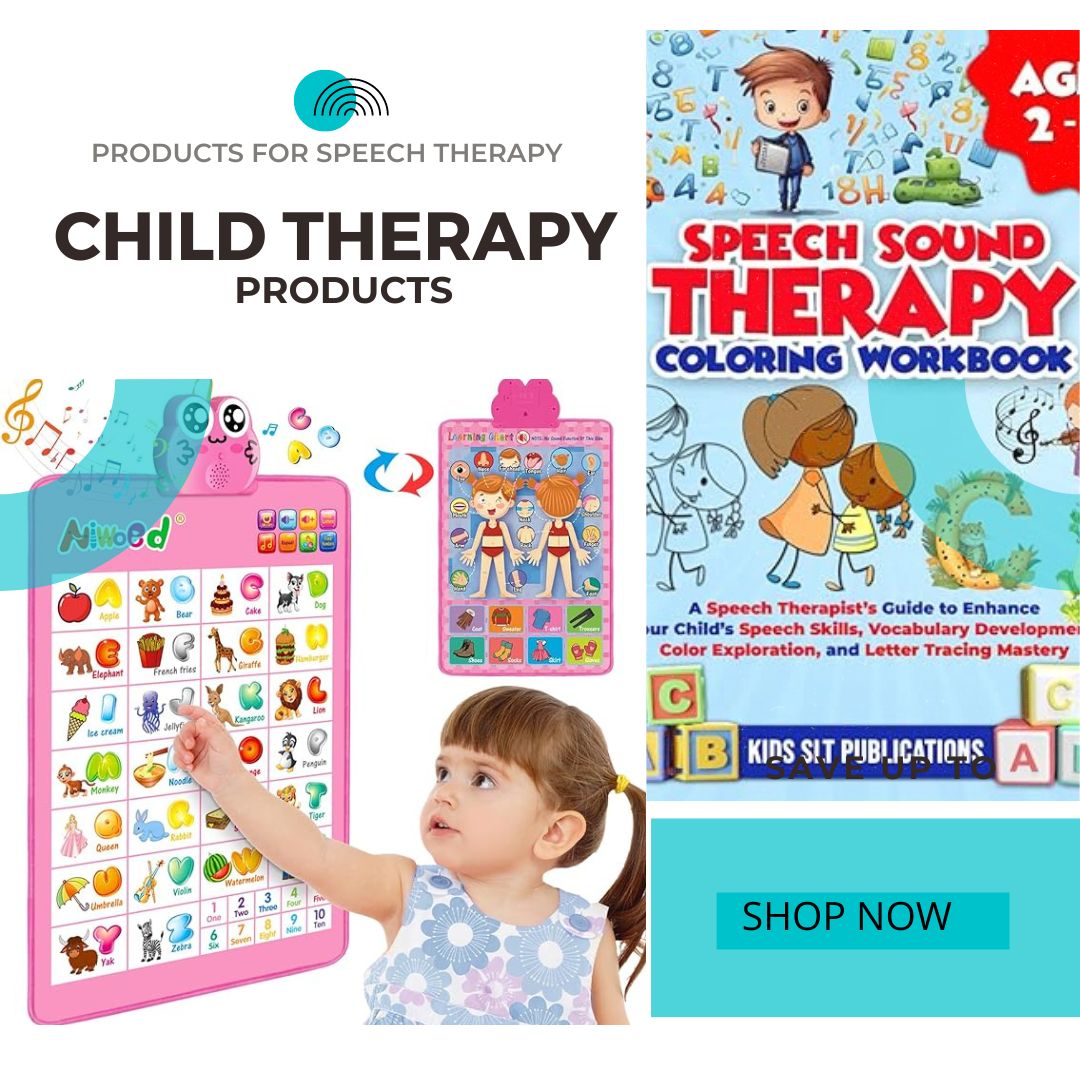Vocabulary is a crucial aspect of speech therapy, as it encompasses the words that an individual uses to express themselves effectively. In speech therapy, building a rich and diverse vocabulary is essential for communication success. Here are some important aspects of “V words” in speech therapy:
- Vocabulary Development: Speech therapists work with individuals of all ages, including children and adults, to develop their vocabulary skills. This includes teaching new words, improving word retrieval skills, and expanding vocabulary breadth and depth. Speech therapists may use various techniques such as word association, semantic mapping, and categorization to help individuals learn and understand new words.
- Verbal Expression: The ability to use a wide range of vocabulary allows individuals to express themselves clearly and effectively. Speech therapists work on helping individuals improve their ability to verbally express their thoughts, feelings, and ideas using appropriate vocabulary. This includes teaching synonyms, antonyms, and context-dependent vocabulary to help individuals communicate more precisely and accurately.
- Vocabulary Strategies: Speech therapists also work with individuals to develop strategies for vocabulary expansion and word retrieval. This may include techniques such as word prediction, word banking, and word finding strategies to help individuals access and use their vocabulary effectively in different communication situations.
- Vocabulary Enrichment: Speech therapists often focus on enriching an individual’s vocabulary by introducing new words, concepts, and topics that are relevant and interesting to them. This may include teaching vocabulary related to specific interests or activities, such as hobbies, sports, or occupations, to help individuals communicate more effectively in their daily lives.
- Verbosity Management: Some individuals may struggle with using an excessive amount of words, known as verbosity, which can make their speech difficult to understand. Speech therapists work on helping individuals learn to use concise and appropriate vocabulary to convey their messages clearly and efficiently.
- Visual Vocabulary: In addition to spoken vocabulary, speech therapists may also work on developing visual vocabulary skills, such as sign language or visual aids, for individuals who have difficulty with verbal expression. Visual vocabulary can be a valuable communication tool for individuals with speech or language disorders, and speech therapists may incorporate visual supports to enhance communication skills.
In conclusion, vocabulary plays a significant role in speech therapy. Building a rich and diverse vocabulary is crucial for effective communication, and speech therapists work on developing vocabulary skills, improving word retrieval, teaching vocabulary strategies, enriching vocabulary, managing verbosity, and incorporating visual vocabulary as needed to help individuals communicate more effectively in their daily lives.




